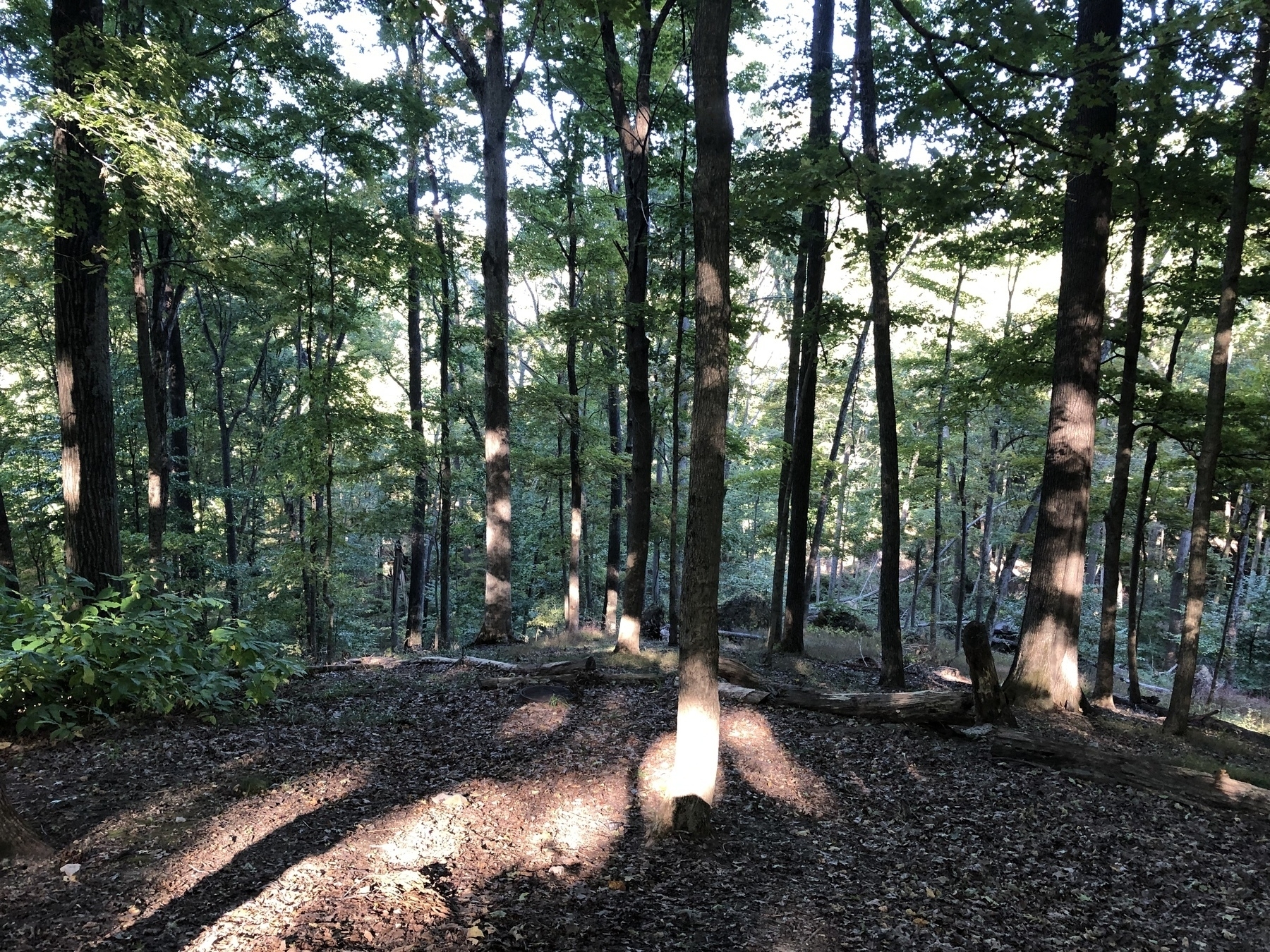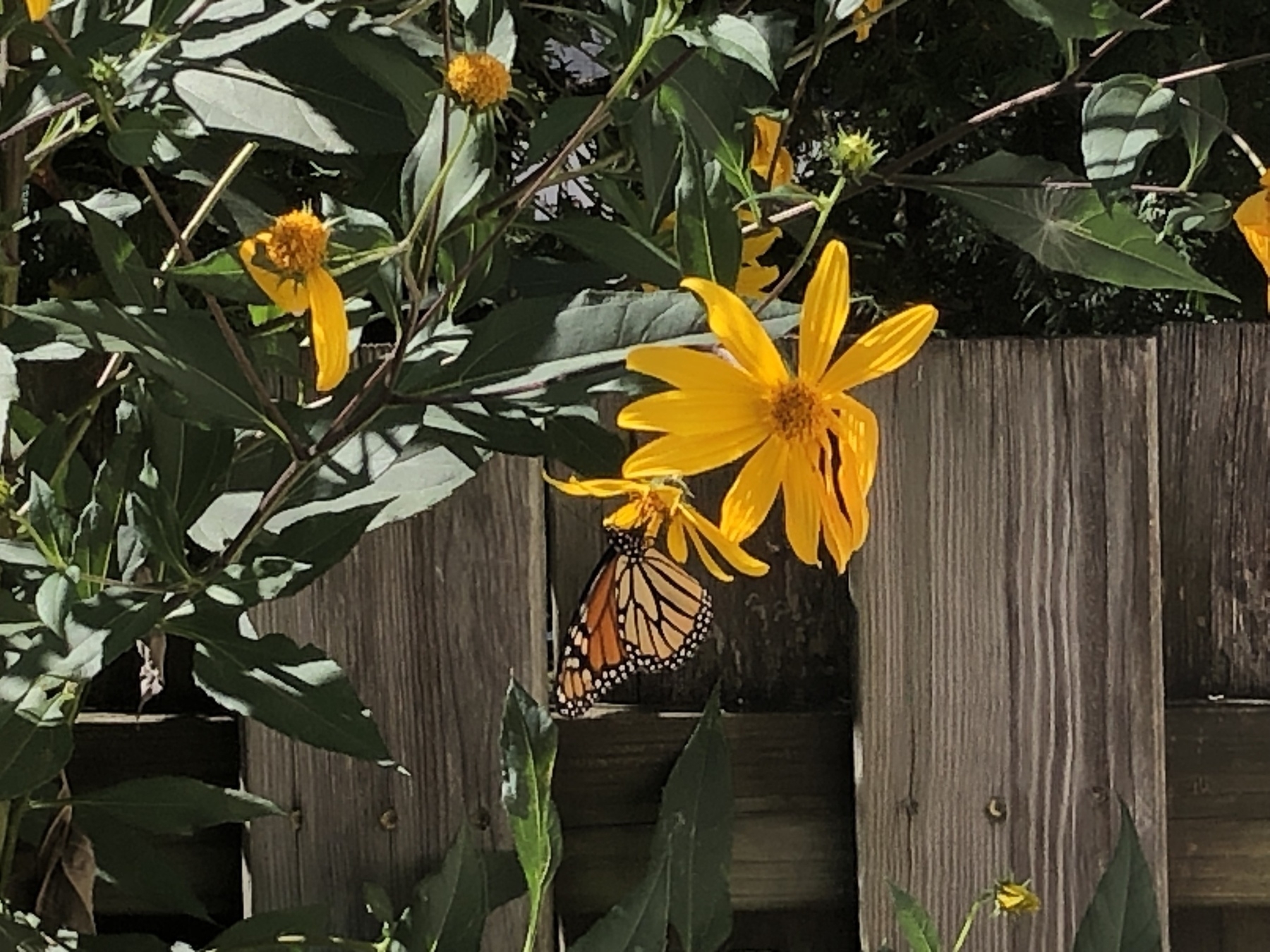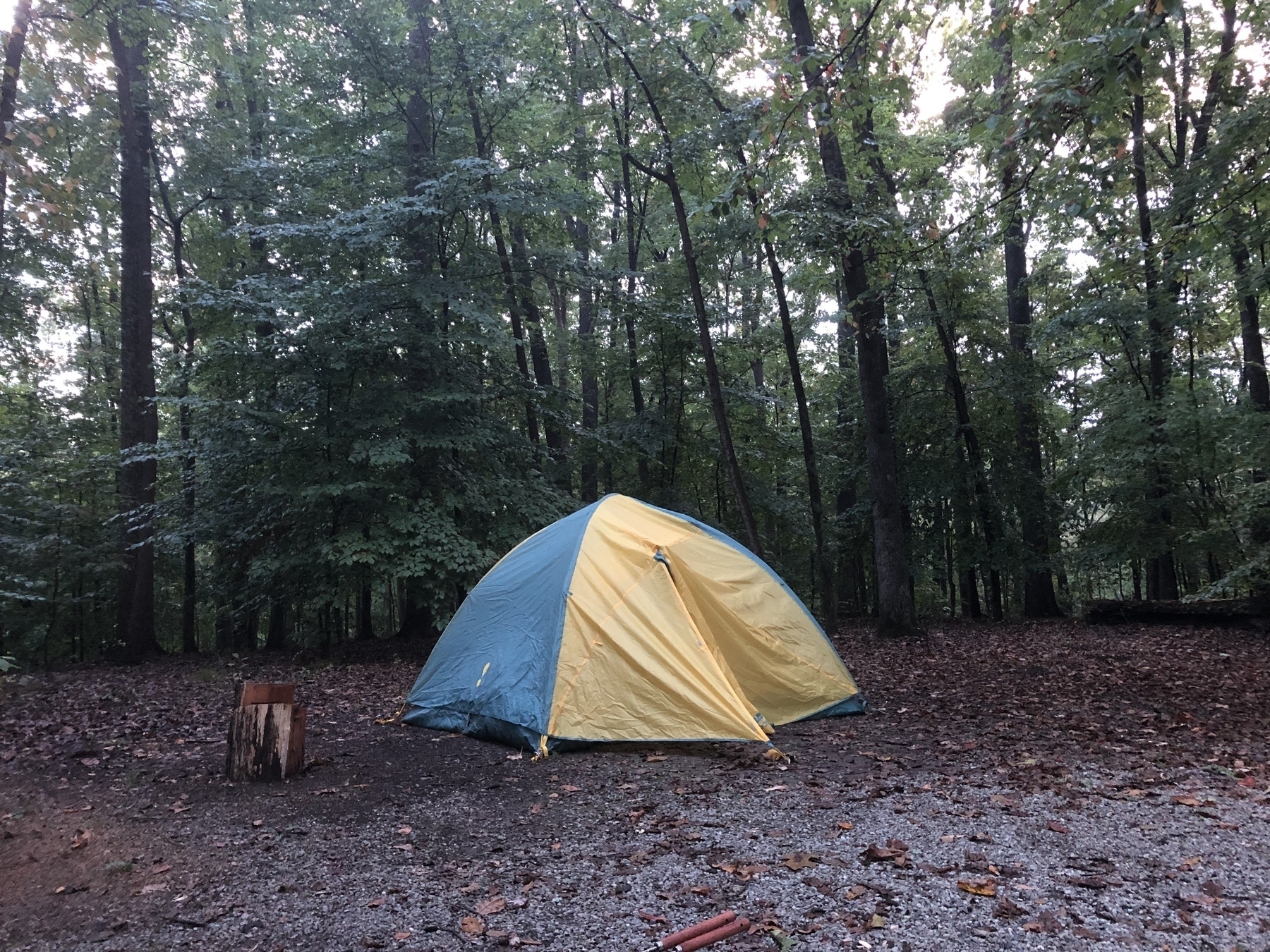Camping at Hardin Ridge again, this time at a site with no electricity. So beautiful and quiet. We’ve been listening to an owl for the past two hours.

Camping at Hardin Ridge again, this time at a site with no electricity. So beautiful and quiet. We’ve been listening to an owl for the past two hours.

Alan Jacobs: I think we’re looking at not one but two futures — a fork in the road for humans in Technopoly. … A few will get frustrated by the fakery, minimize their time on the internet, and move back towards the real. They’ll be buying codex books, learning to throw pots or grow flowers, and meeting one another in person. The greater number will gradually be absorbed into some kind of Metaverse in which they really see Joe Biden transformed into Dark Brandon or hear Q whisper sweet nothings into their ears.
Wendell Berry, “Family Work”:
Children, no matter how nurtured at home, must be risked to the world. And parenthood is not an exact science, but a vexed privilege and a blessed trial, absolutely necessary, and not altogether possible.
Jack Leahy makes a a defense of hypocritical asceticism. Basically, we have to start somewhere. Even small efforts have an effect. In the process of living out a hypocritical asceticism a funny thing happens–we are changed. … In practicing hypocritical asceticism I am carving out a little zone of freedom within myself. This is similar to what I said in this post, that a better goal than purity is the avoidance of servitude.
Monarch on (what we believe to be) Jerusalem artichoke. 
We’ve started expanding Green Man’s Grotto. We emptied one of the old raised beds by transplanting some orange butterfly weed, hairy woodmint, and swamp milkweed partly into the existing GMG and partly into a new section. Next we’ll double the depth of that old raised bed and use it for a kitchen garden next year. Then we’ll transplant what remains in the other old raised bed into that expanded section of GMG and then double the depth of that raised bed for the other half of the kitchen garden.
A damp but thoroughly enjoyable morning at Hardin Ridge. 
The way we organize our year is a reflection of our values—that is a commonly observed truism. My family and I share many of the usual holidays with the wider American culture. We also decline to observe a few of them for various reasons. In some cases, we weight the days differently than usual, or attach differing significance. The seasonal change we’re experiencing here in Indiana has me thinking about all of this.
Happy Equinox! Happy Hobbit Day!
The Road goes ever on and on,
Down from the door where it began.
Now far ahead the Road has gone,
And I must follow, if I can,
Pursuing it with eager feet,
Until it joins some larger way
Where many paths and errands meet.
And whither then? I cannot say.
Hobbit Day is tomorrow, September 22nd. Are you making your preparations?